Clarifying regulations on low-altitude air transport
Speaking at the discussion session of Group 9 (including the National Assembly delegations of Hung Yen and Hai Phong provinces) this morning, October 22, Vice Chairman of the National Assembly Nguyen Khac Dinh stated that the draft Law on Civil Servants (amended) and the draft Law on Vietnam Civil Aviation (amended) were both carefully prepared by the Government, demonstrating innovative thinking in law-making; the National Assembly Standing Committee also considered and commented on these two draft Laws.
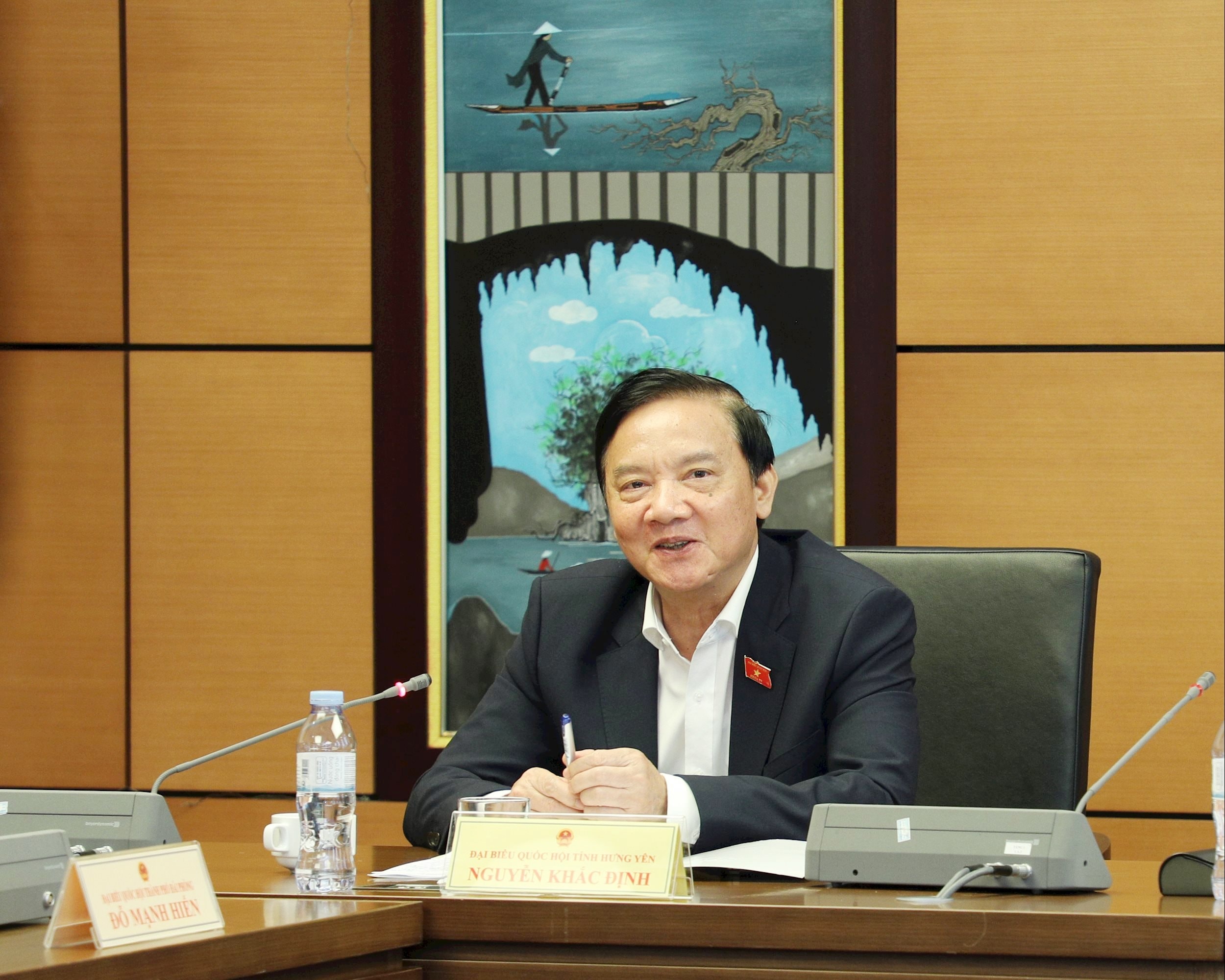
Regarding the draft Law on Civil Servants (amended), the Vice Chairman of the National Assembly requested that National Assembly Deputies continue to study the provisions of the draft Law related to the Law on Teachers and the draft Resolution of the National Assembly on a number of specific and outstanding mechanisms and policies to make breakthroughs in education and training development. Specifically, the policy on recruitment of civil servants and recruitment of teachers, there is a boundary between the two laws but there must also be synchronization to ensure convenience in organizing implementation and application of the law.
Regarding the regulations expanding the rights of civil servants, the Vice Chairman of the National Assembly highly appreciated this content as demonstrating the Party's new guidelines in the field of science and technology development and digital transformation. However, some related contents have also been reflected in the Law on Science, Technology and Innovation, therefore, the Vice Chairman of the National Assembly said that it is necessary to continue studying this regulation to ensure consistency and unity in the legal system.
Regarding the draft Law on Civil Aviation of Vietnam (amended), the Vice Chairman of the National Assembly stated that the requirements set forth in the drafting of the Law are very high. The draft Law has demonstrated the spirit of innovative thinking in law-making as required in Resolution No. 66-NQ/TW, reducing the number of articles by nearly 50% compared to the current Law.
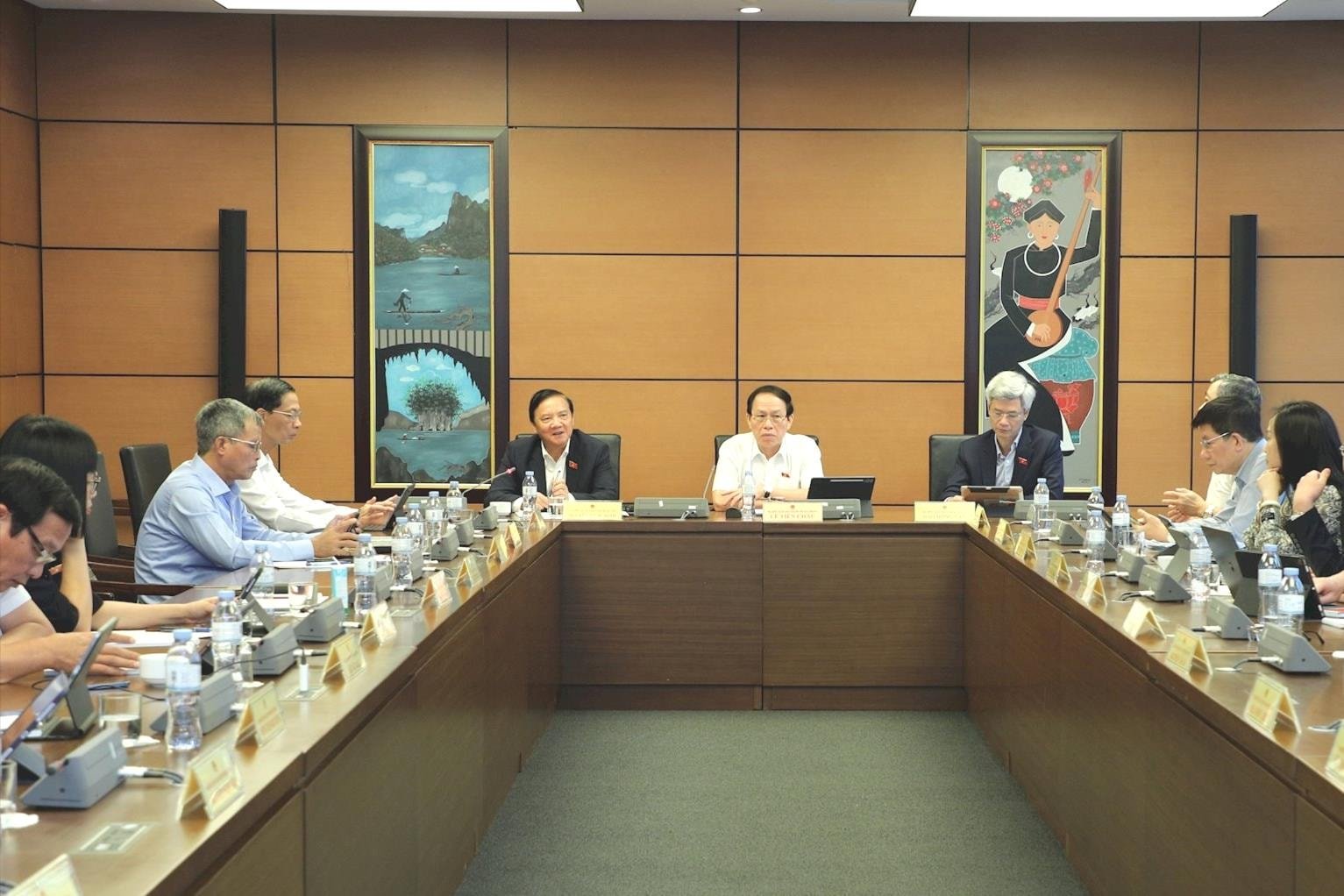
The Vice Chairman of the National Assembly emphasized that the draft Law needs to clearly demonstrate and more fully institutionalize the guidelines and policies set out in Resolution No. 57-NQ/TW on international integration. Along with that, it is necessary to continue institutionalizing Resolution No. 68-NQ/TW, mobilizing social resources to invest in airport construction and aviation infrastructure; and clarifying regulations on low-altitude air transport.
Commenting on the draft Law on Civil Aviation of Vietnam (amended), National Assembly Deputy Nguyen Ngoc Son (Hai Phong) said that the scope of regulation of the draft Law is very broad, and its content is related to many other laws.
“Currently, the management of flycam and drone equipment is an extremely complex and sensitive issue. The Law on People's Air Defense has regulations on registration requirements and flight licenses for this equipment from July 1, 2025. Meanwhile, the draft Law directs the development of low-altitude air transport, the use of drones for commercial transport and assigns the Government to provide detailed regulations.”
Therefore, delegate Nguyen Ngoc Son suggested that the Government needs to analyze and evaluate the content very carefully, otherwise it will create overlap or omission. On the other hand, if businesses want to do business, they also need to comply with both laws, so it is necessary to define the authority of state management to ensure legality and feasibility when implementing.
Officials must complete assigned tasks before going to work outside.
Regarding the draft Law on Public Employees (amended), National Assembly Delegate Nguyen Van Huy (Hung Yen) expressed his agreement with the comprehensive amendment of the Law on Public Employees.
.jpg)
Regarding the right of civil servants to sign contracts to carry out professional activities and business activities, Point a, Clause 1, Article 13 of the draft Law stipulates that civil servants are allowed to sign labor contracts or service contracts with other agencies, organizations and units if it is not contrary to the agreement in the employment contract and is not prohibited by law.
According to the delegate, such a regulation is a very new and reasonable point, demonstrating the spirit of expanding professional freedom and exploiting the capacity and experience of civil servants; at the same time, creating conditions to increase legitimate income for civil servants.
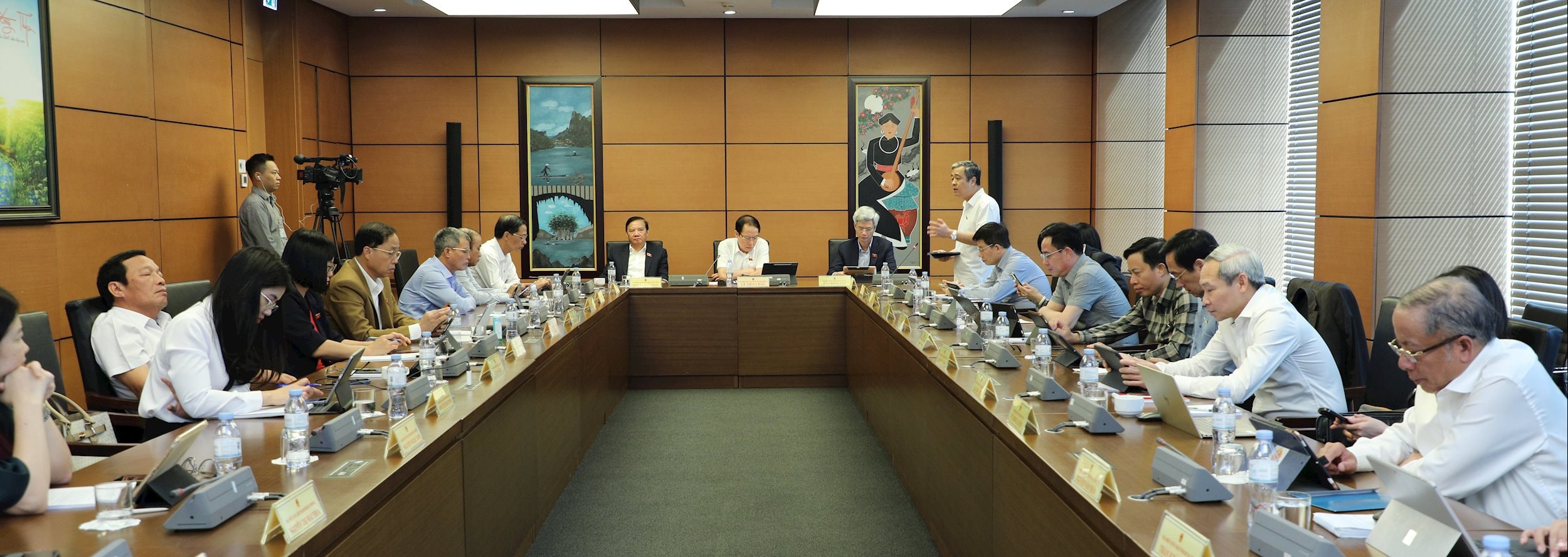
However, to avoid the situation of "the outside leg being longer than the inside leg" when performing official duties, delegate Nguyen Van Huy suggested that it is necessary to maintain the current Law's regulation that civil servants must complete assigned tasks before going to work outside.
"Civil servants must ensure that they do not violate their obligations in the main employment contract, fully perform their duties, work hours and labor discipline at their current workplace; and must not let signing another contract affect the quality, progress, and efficiency of work or violate the internal regulations of the agency. And, if the employment contract has regulations on restrictions on outside professional activities, civil servants must strictly comply with those regulations."
In addition, to ensure strictness, delegate Nguyen Van Huy said that it is necessary to add regulations that civil servants are not allowed to take advantage of their positions and titles for personal gain; and are not allowed to use state secrets, work secrets, or public assets of the agency to serve activities outside of their main job. In cases where the job position has sensitive professional management factors (such as health, education, finance, land, science), signing external contracts must be especially careful to avoid conflicts of interest.
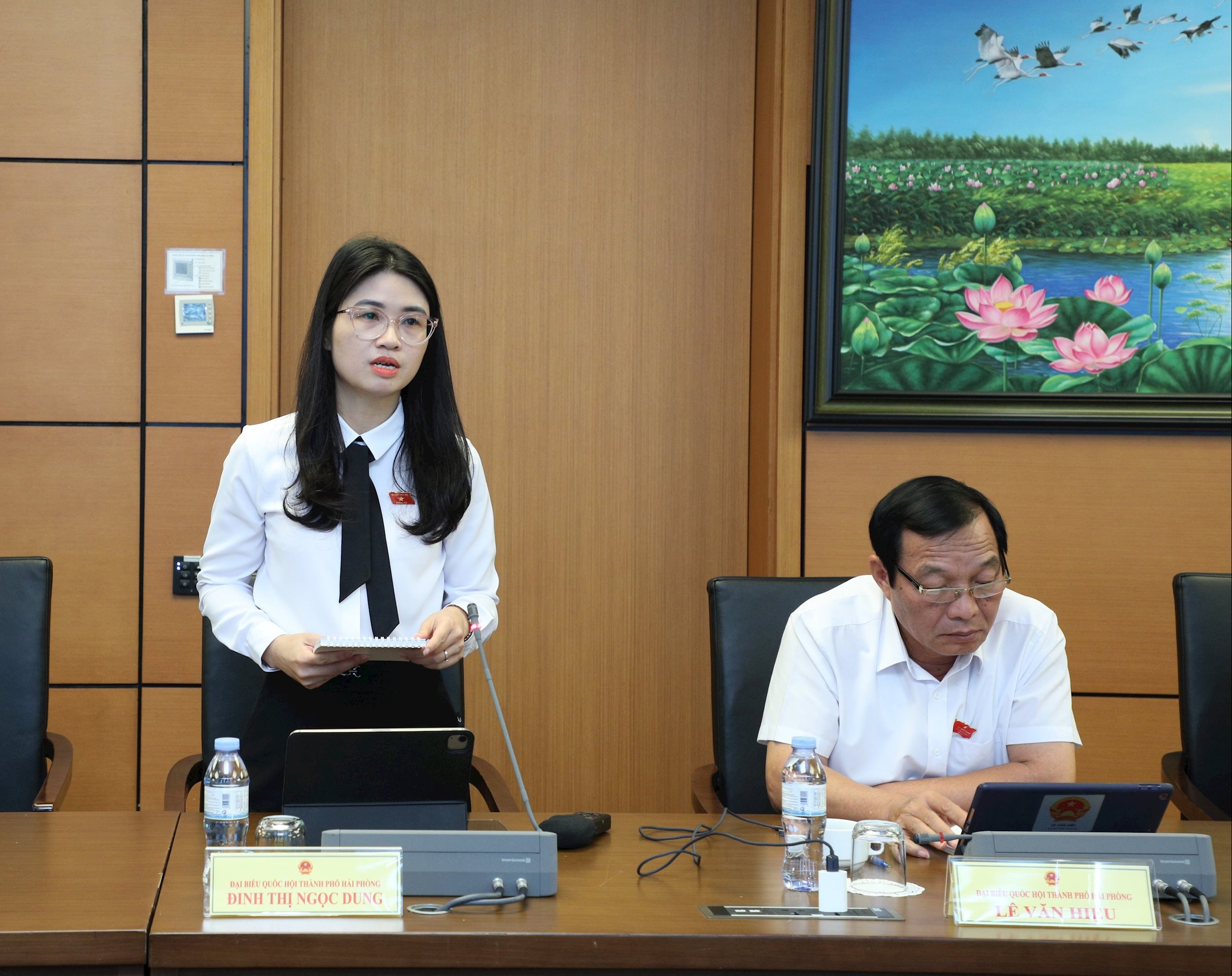
National Assembly Delegate Dinh Thi Ngoc Dung (Hai Phong) proposed clarifying the relationship between the Law on Public Employees and the Law on Cadres and Civil Servants as well as with other specialized laws to avoid overlap in the legal system.
In many localities, the same job position has different mechanisms and regimes. For example, in the health sector, civil servants are managed by the Law on Civil Servants, but the salary and income mechanism is affected by regulations on financial autonomy.
Therefore, delegates believe that it is necessary to supplement the principle of ensuring consistency in the management of civil servants across the entire system of public service units, regardless of the field.
Source: https://daibieunhandan.vn/bo-sung-quy-dinh-vien-chuc-khong-duoc-loi-dung-vi-tri-chuc-vu-de-truc-loi-10392402.html





![[Photo] Prime Minister Pham Minh Chinh chairs meeting on nuclear power plant construction](https://vphoto.vietnam.vn/thumb/1200x675/vietnam/resource/IMAGE/2025/10/22/1761137852450_dsc-9299-jpg.webp)


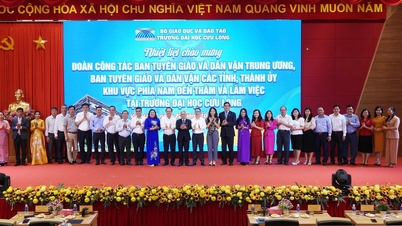

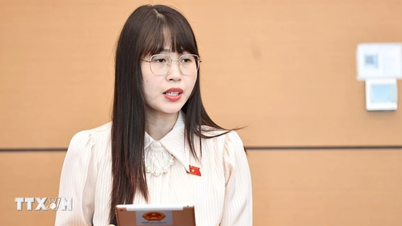

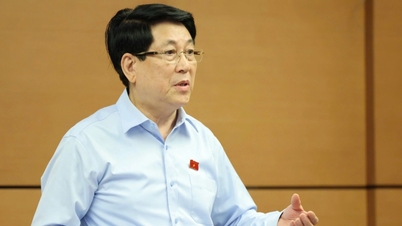



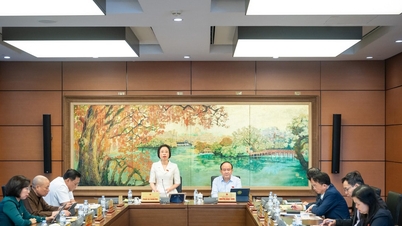
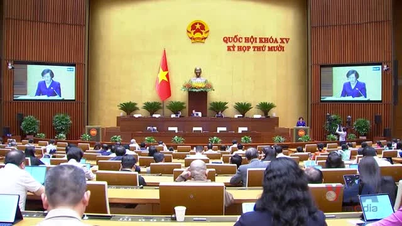
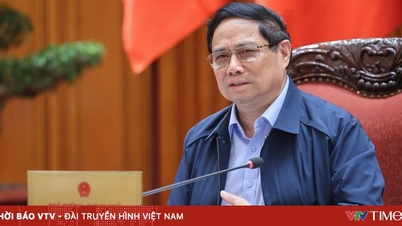

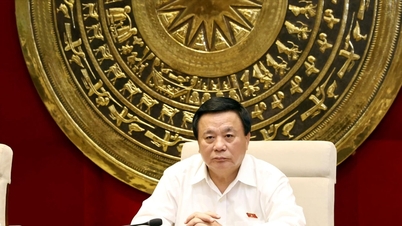
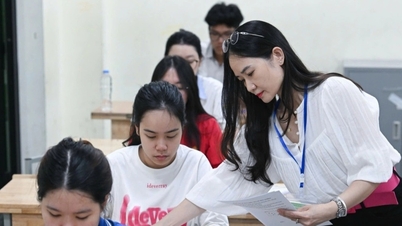
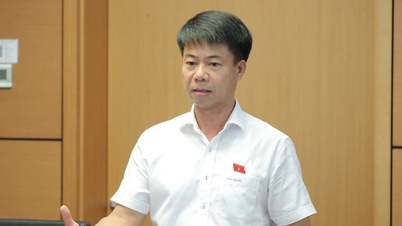
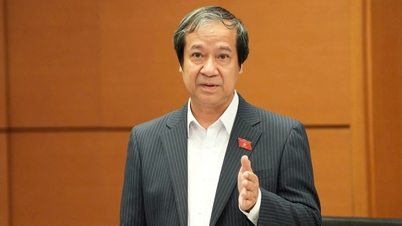




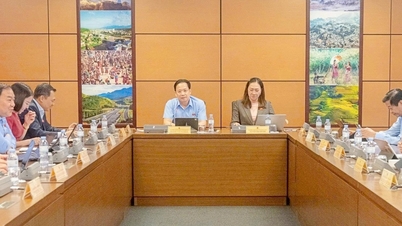
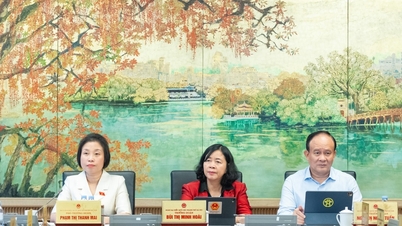
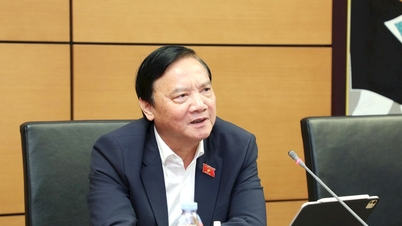
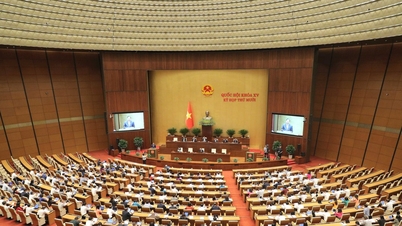
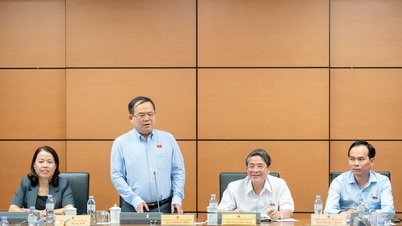
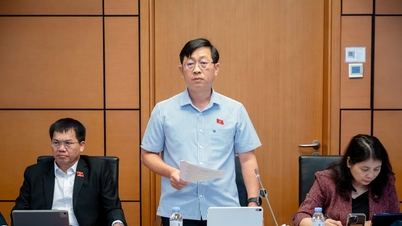



































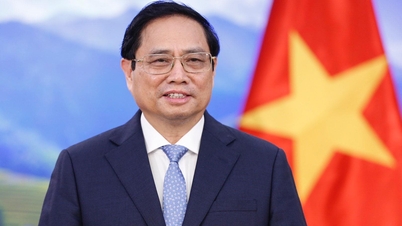

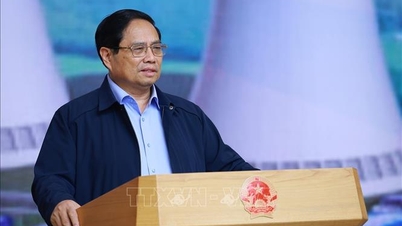


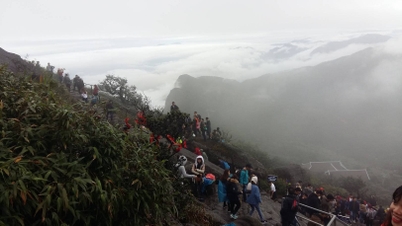

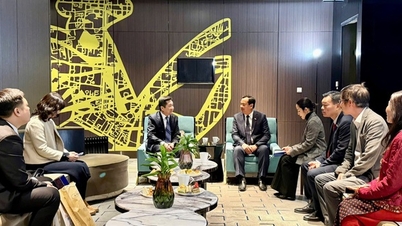

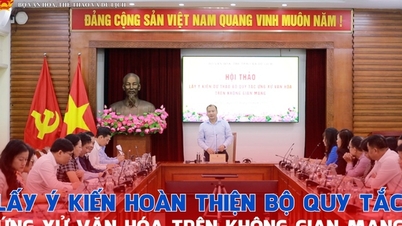
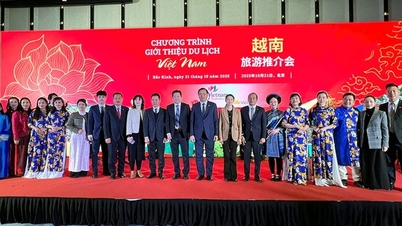
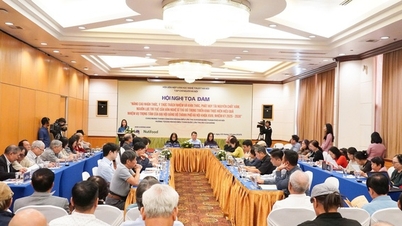
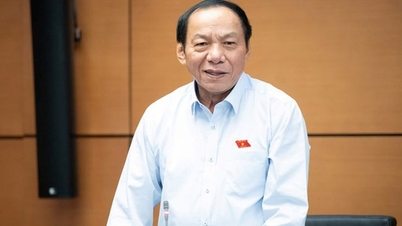
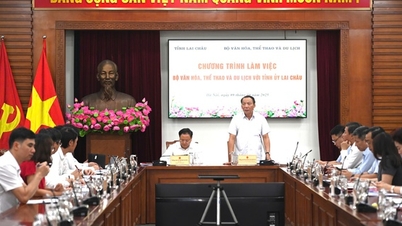
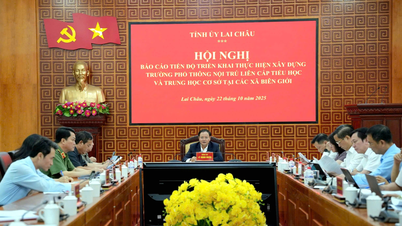
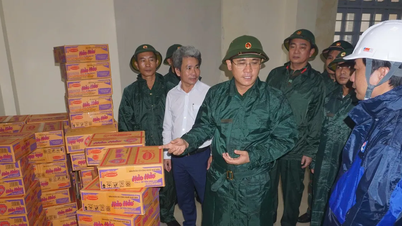



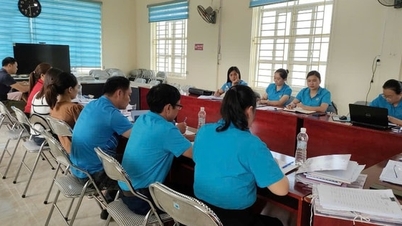


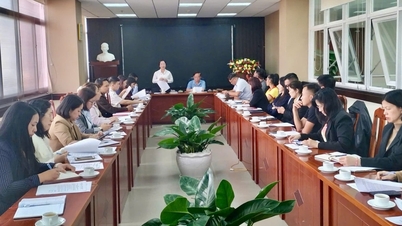














Comment (0)